The 5 best episodes of Love, Death & Robots to prepare for the fourth season
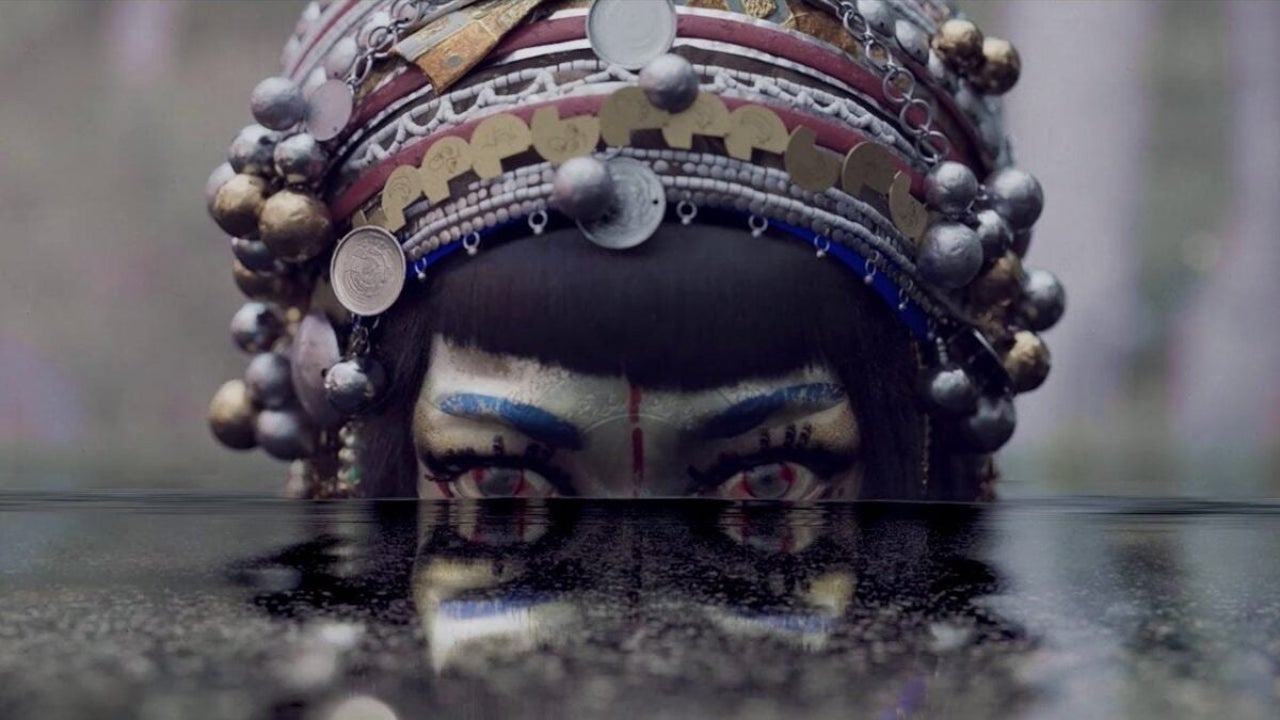
- May 2, 2025
- Updated: May 2, 2025 at 8:08 AM

Despite being a platform that has become the mainstream answer to general public taste, with repetitive series and not much effort overall, sometimes Netflix gives pleasant surprises. Fictions like Adolescence or My Plush Reindeer sneak in among the huge amalgam of cultural products on the platform, winning over the audience with different proposals.
In 2019, the experimental series that achieved this was Love, Death & Robots, an anthology of adult science fiction animation produced by Tim Miller and David Fincher. Each episode, completely independent, becomes a testing ground for telling distinct stories using all kinds of techniques. Over three seasons, they have dazzled us with impressive gems. And on May 15, the 4th season arrives, which promises to keep raising the stakes. But what are the best episodes of Love, Death & Robots so far?
Zima Blue (Season 1, Episode 14)
For many, this chapter encapsulates the soul of Love, Death & Robots. It was one of the last of the first season, but it undoubtedly remained a true reflection of what this anthology series represents. With its unmistakable visual style —flat colors, elongated silhouettes, and an aesthetic reminiscent of Aeon Flux or Tron—, director Robert Valley tells the story of an intergalactic artist who, after decades of aesthetic perfection, decides to abandon greatness to reconnect with his origins: a pool cleaning machine.
What makes Zima Blue special is not only its philosophical message that makes us think about ourselves and our future, but also the way it conveys it. The episode features a visual poetry that forgoes easy spectacle to embrace the melancholic. It is a tale about the meaning of art, artificial consciousness, and the search for authenticity in a world full of stimuli like the one we find ourselves in.
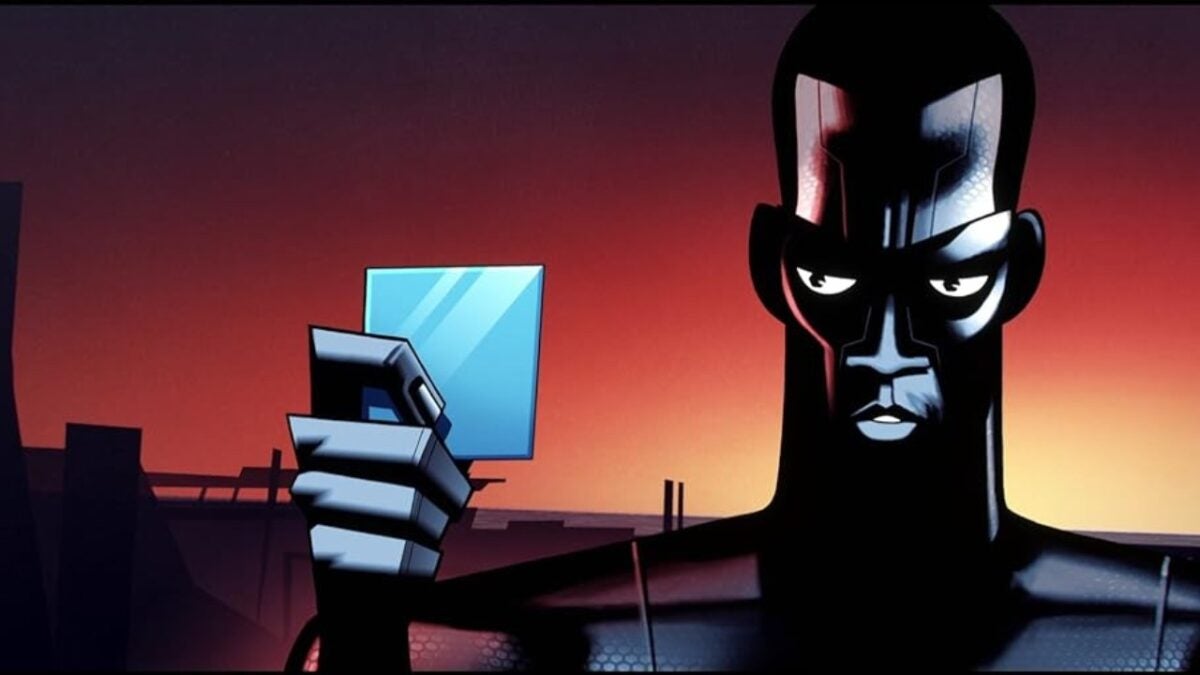
The Witness (Season 1, Episode 3)
Coming from the mind of Alberto Mielgo, the Spanish Oscar-winning director, another of the most interesting episodes of the first season is undoubtedly The Witness. Set in the third episode of the first season, it served as the first major visual impact of the series.
The chapter narrates a dizzying chase between a woman who witnesses a murder and the supposed killer who follows her. All set in an incredible futuristic and chaotic city that seems like a cross between Blade Runner and a fashion runway. Technically, the short was revolutionary: a mix of 3D animation and rotoscoping that achieves a stylized photorealism, as if the canvas were alive. Moreover, its narrative loop makes it unique in its storytelling.
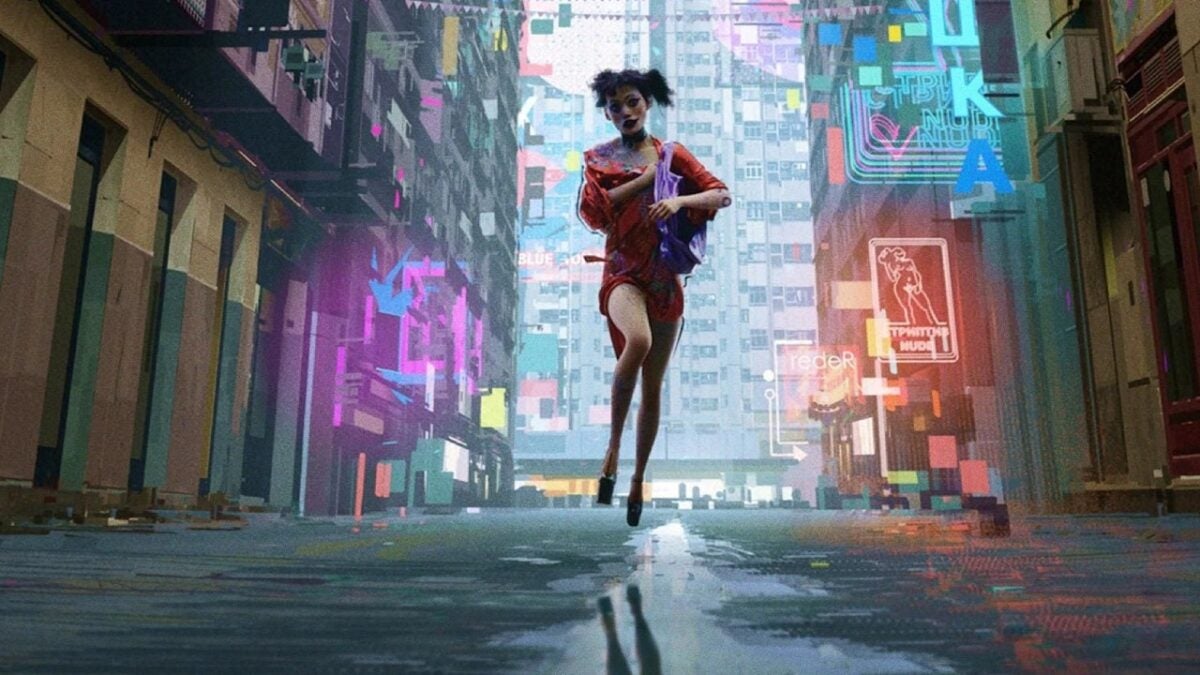
Pop Squad (Season 2, Episode 3)
Although the second season was somewhat shorter than the first, it also left us with some truly remarkable gems. My favorite is Pop Squad, a dark tale that transports us to a world where immortality is possible… as long as we are willing to eliminate all the children.
This subversive ethical premise is carried through by an unyielding agent who is clear about their mission… but begins to question their role after an encounter with a mother and her hidden daughter. Jennifer Yuh Nelson, the director (note) of Kung Fu Panda 2 and 3, is the director of this episode. It is one of the few episodes that bets on emotional introspection rather than visual impact, but its conclusion places it on the podium of the best in the anthology.
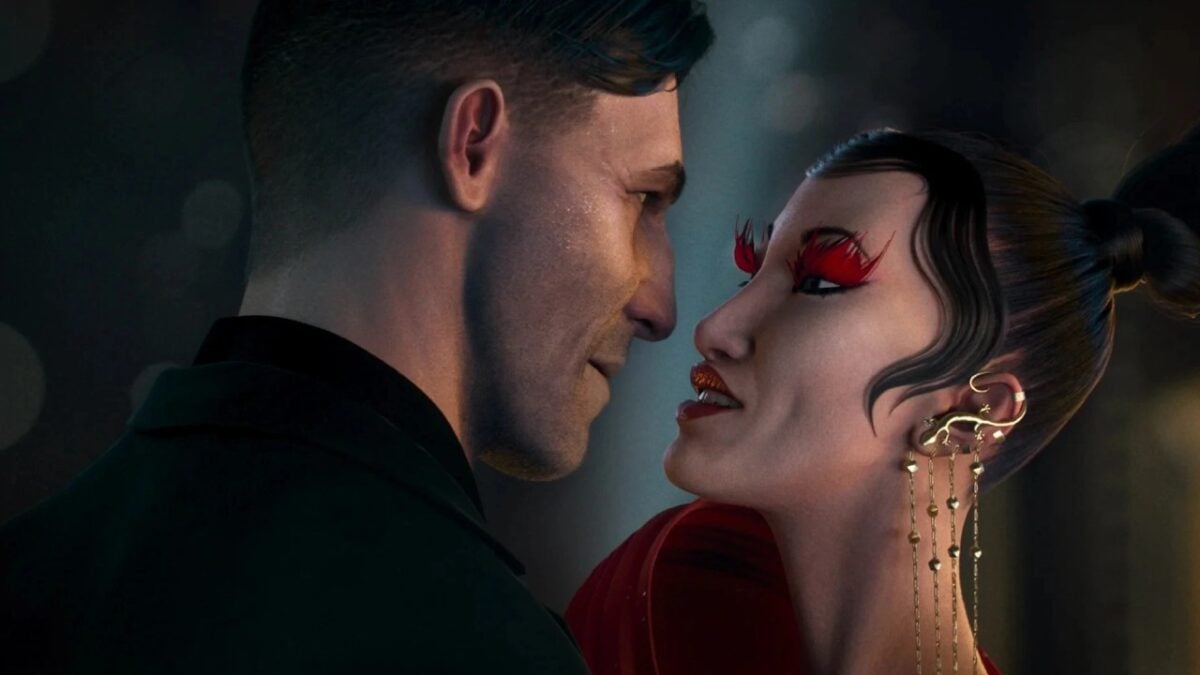
Jíbaro (Season 3, Episode 9)
Alberto Mielgo repeats in the top with Jíbaro, but what he does is impressive. In this chapter, the Spanish director transports us to a colonial jungle, where we follow the encounter between a deaf knight and a hypnotic mermaid. However, what seems like a fairy tale soon turns into a bloody dance of desire, violence, and greed.
The animation, once again, is completely wonderful. It combines motion capture with advanced digital techniques, in addition to adding an absolutely immersive sound design that simulates what the protagonist hears (or rather does not hear). There are no dialogues, just bodies moving to the rhythm of tragedy. Jíbaro won the Emmy for Best Animated Short in 2022. And rightly so.
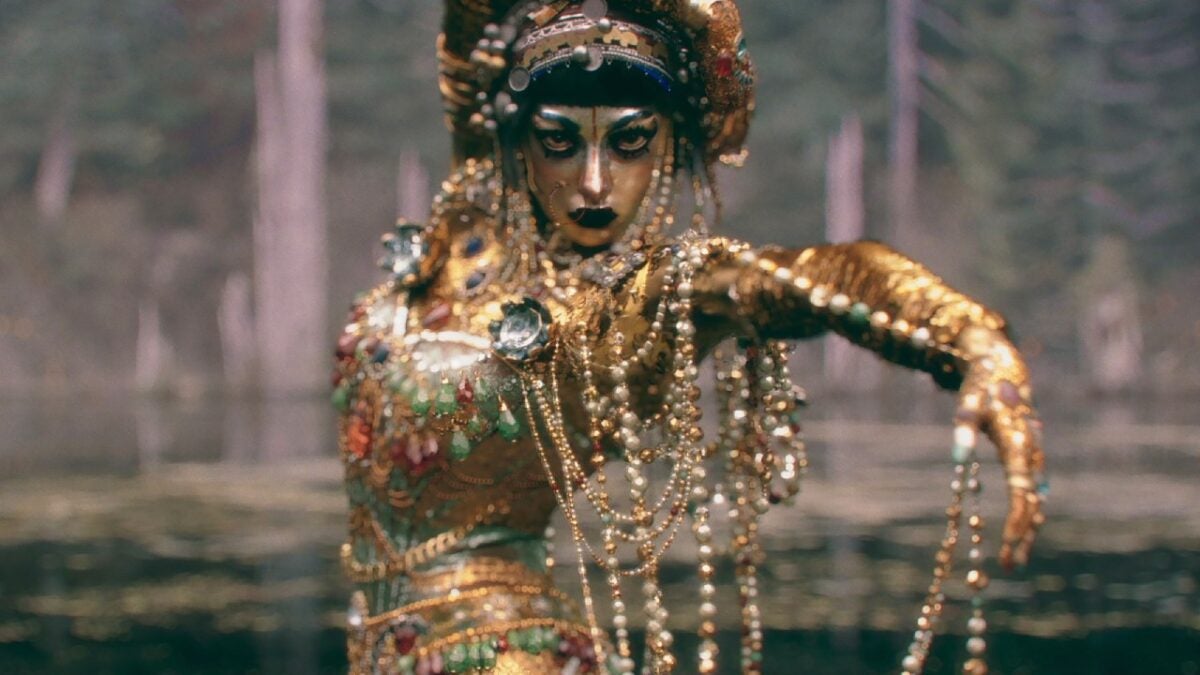
Bad Travelling (Season 3, Episode 1)
Another impressive short film from season 3 is Bad Travelling, the highly anticipated directorial debut of David Fincher for the series. The wait was worth it, as it quickly became one of the best in the entire anthology. This episode is a story of maritime horror, where a ship is invaded by a flesh-eating creature that forces the crew to choose between betrayal and survival.
With a script written by Andrew Kevin Walker (Seven), the episode is an essay on power, morality, and manipulation. A small gem in which Fincher showcases his mastery of rhythm and framing, this time in animated format.
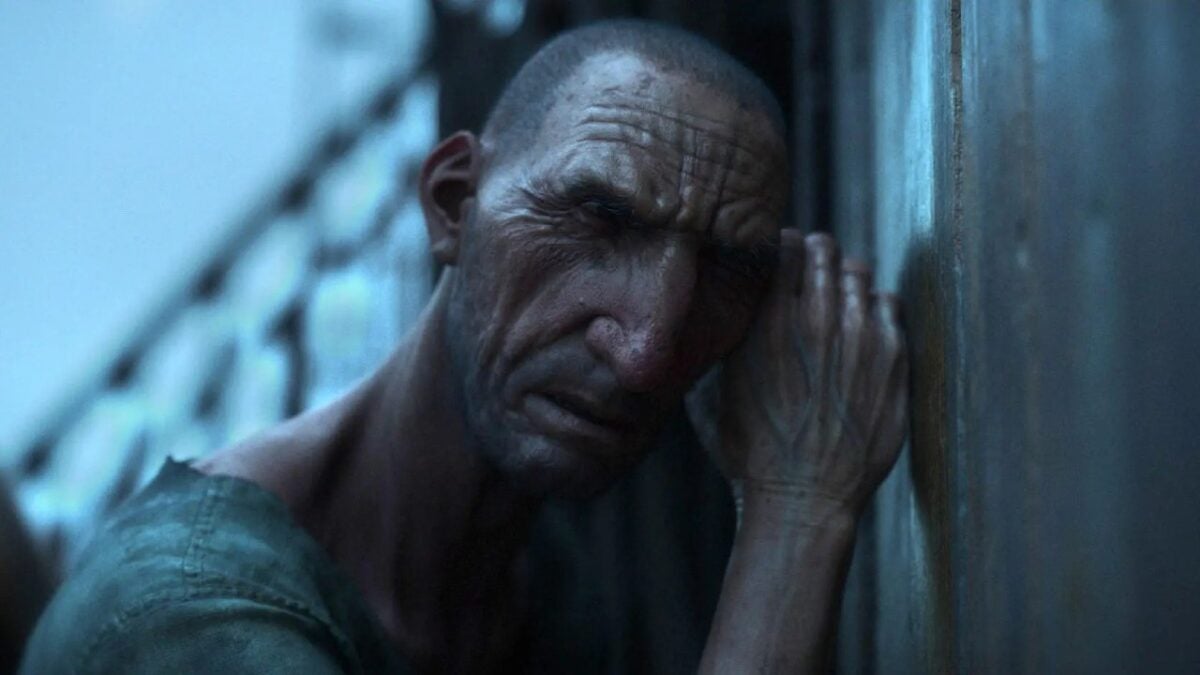
Cultural journalist specialized in film, series, comics, video games, and everything your parents tried to keep you away from during your childhood. Also an aspiring film director, screenwriter, and professional troublemaker.
Latest from Juan Carlos Saloz
- The dark Korean series that is taking off on Netflix and has nothing to envy from Squid Game
- The 5 best Thunderbolts comics to prepare for their premiere
- Family Guy has already reached its 23rd season, but is it still a relevant show?
- Why you should read this incredible science fiction comic before Netflix releases its series
You may also like

Upcoming EV Launch Positions Japan as a Key Player in Competitive Electric Vehicle Market
Read more

Elon Musk’s Powerwall 3 Revolutionizes Energy Storage
Read more

Nissan Launches Affordable N7 Electric Sedan in China
Read more

Pre-Orders Open For Kia’s PV5 With Impressive 249-Mile Range
Read more

This Pixel feature is great if you have allergies
Read more
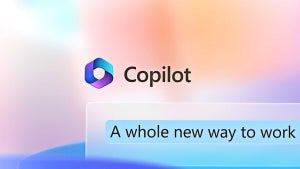
Why Microsoft’s new Phi-4 reasoning models are so important
Read more